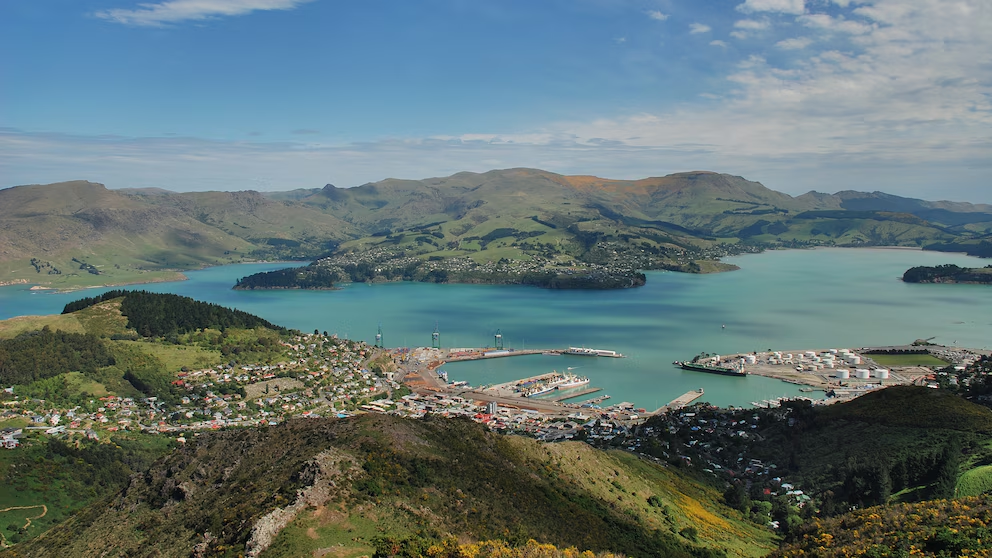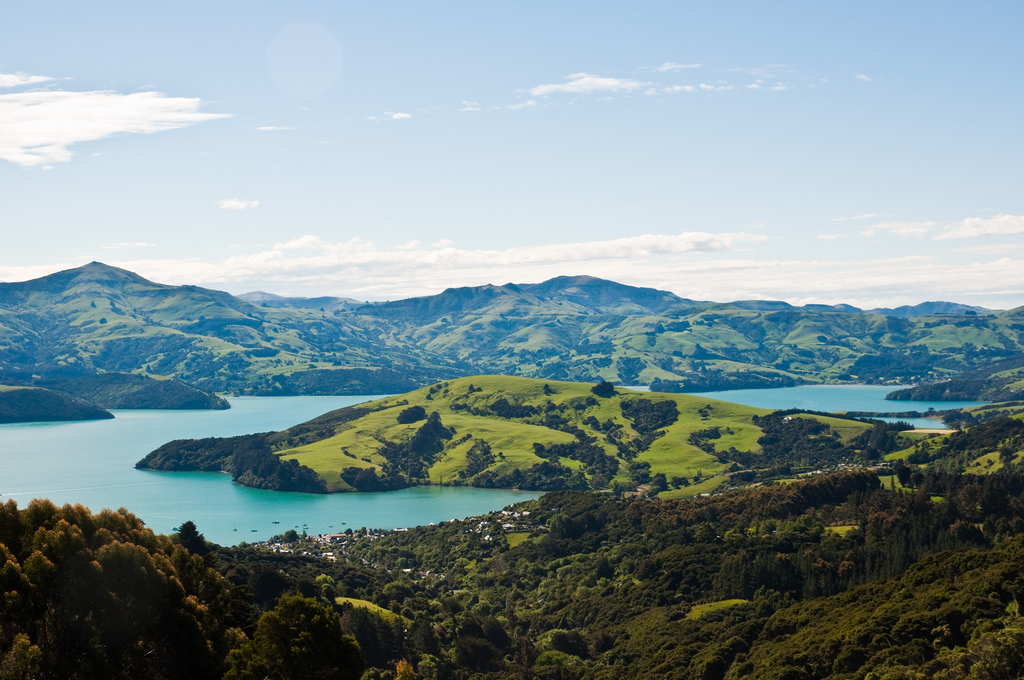The growing number of world-class eco-tourism experiences on offer in New Zealand is helping Kiwis become more passionate about their environment, with people now flocking to traditional tourism centres like Rotorua to enjoy the great outdoors on a whole new level.
The successful launch of Rotorua Canopy Tours and Foris Eco Tours are just two examples of how domestic tourism is evolving.
While international tourists have always been keen to soak up our scenic beauty, Kiwis often take their environment for granted and have been reluctant to pay for guided nature-based trips. But a growing number of New Zealanders are now visiting tourism operators which offer a mix of education, adventure and conservation, and are delighted by what they are experiencing.
Rotorua Canopy Tours has proven incredibly popular, having hosted thousands of visitors since opening on the Mamaku Plateau, near Rotorua, last August. Half of its customers are domestic tourists who are keen to enjoy this unique eco experience.
Participants are taken on a journey from forest floor to canopy via a network of walking trails, treetop platforms, ziplines (flying foxes) and canopy swing-bridges. It’s described as ‘one of the most exciting, beautiful and engaging zipline canopy tours in the world’ with guides educating people about the forest and native birdlife along the way.
Rotorua Canopy Tours owner James Fitzgerald says it’s exciting to see more New Zealanders immerse themselves in their outdoor environment.
“The eco-tourism side is really connecting with New Zealanders. It’s awakening something in them and giving them a new appreciation for the forest and how unique our country is.”
During the canopy tour, guides share information about how critically endangered our bird species are. “Over 60,000 birds are killed in New Zealand forests every night by introduced pests such as rats and possums,” Fitzgerald says. “People tell us they can’t believe they’ve lived here all of their lives and they didn’t know things like that.”
Rotorua Canopy Tours is pledging $20,000 a year to eradicate predators from the 500 ha area and reintroduce native birdlife. “We get a lot of unsolicited donations from people at the end of their tour because they feel so strongly about it and want to help.”
Foris Eco-Tours is another new eco-tourism company which runs guided walks through the majestic WhirinakiForest and rafting trips along the RangitaikiRiver, near Rotorua.
Director Tom Lynch, who is a rafting guide, teacher and conservation educationalist, says eco-tourism is helping New Zealanders celebrate their own county and natural landscape.
“To care about the outdoors, first you’ve got to enjoy it. We want to share some of these special places with New Zealanders to get them to appreciate what we have, which in turn, helps motivate people to look after their own backyard.”
Lynch says eco-tourism allows people to enjoy nature in a different way, and it is well worth paying a professional guide rather than walking through the bush on your own.
“Experienced well-trained guides can see things and interact with their surrounds to ensure you don’t walk right past a fascinating story,” Lynch explains. For example, people are astonished to learn there are six different birds rarer than kiwi that can be found within a one hour drive of Rotorua.
“Rotorua is a prime place to visit because of its proximity to some incredible landscapes. Whirinaki is a ‘forgotten forest’ but it’s one of the top forests in the world. There are so many fantastic lakes, bush walks and native species here. Rotorua is the perfect gateway to get in touch with nature.”
Tourism Industry Association New Zealand Chief Executive Martin Snedden says our environment is central to New Zealand’s tourism industry.
“The experiences we share with visitors tell a story to the world about the value we place on the environment and the efforts we make to protect and enhance it. Eco-tourism experiences epitomise the types of activities and care for nature that our visitors are increasingly seeking in New Zealand. They also contribute to protecting and enhancing the environment so it can continue to be enjoyed by future generations.”





